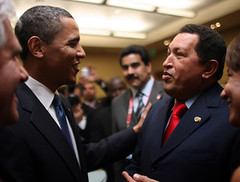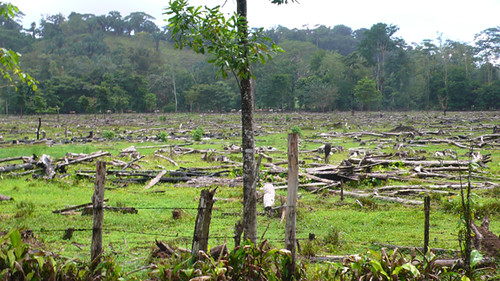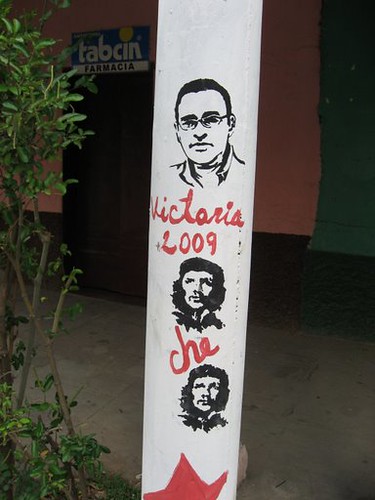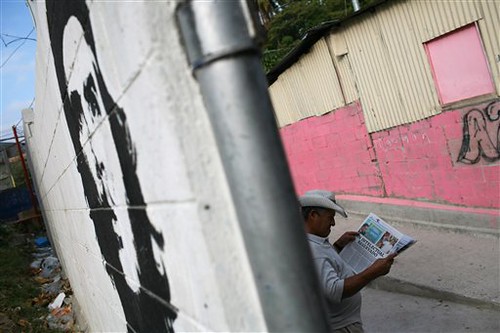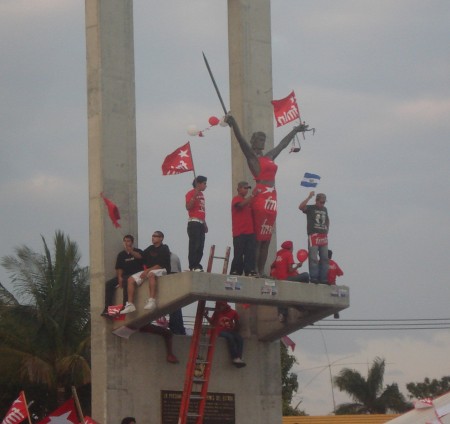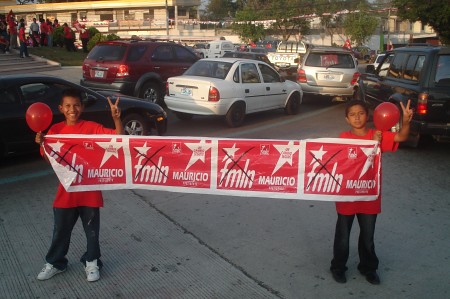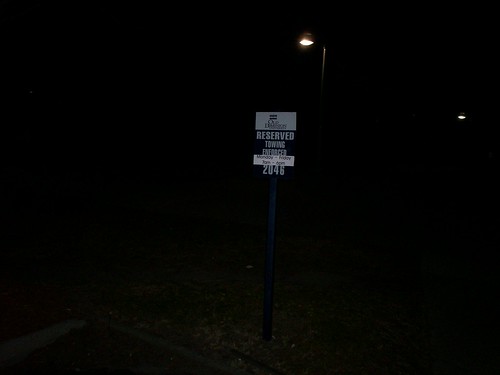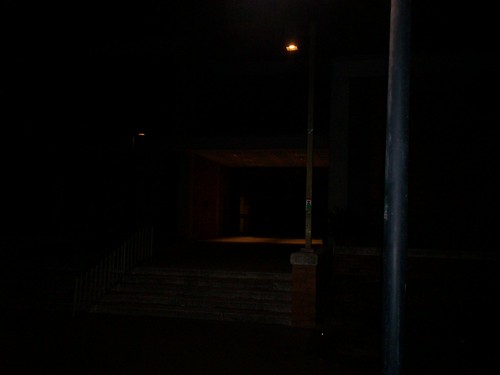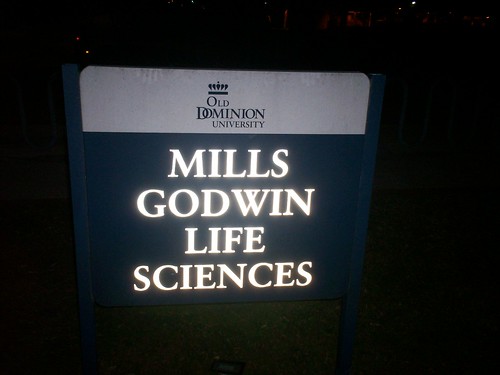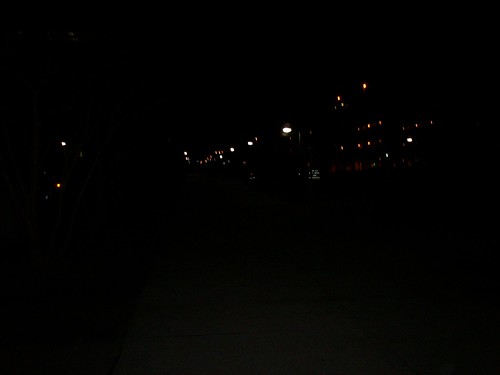It will be a review of a new article, my blog, and new media technology. For flow reasons, it is best to let the video load the whole way before watching.
Below, I will be on Cover It Live at 9:15 am. I will be watching and listening to my podcast, commenting, providing new news, views and information. Please join me.
Since the event is over, one can just read along as it goes, which is hella easy. I usually post something after I hear myself say it on the video, so it is easy to follow along. I post continuously, so don't worry about being bored - unless you're lame. Thank you for your time this semester.
Reflection Post
4/1/09
I chose four technologies in particular to work with. The first was podcasting, something that I've been wishing to try, but never able to do. The next was video podcasting, which, because I don't have a video camera, I had to rely on photos to tell the story. Third, Twitter. I opened my Twitter up for my Final Exam. Fourth, I decided to use "Cover It Live," which was very enjoyable. I was able to poke fun at my video, make corrections, etc. that I wouldn't be able to do otherwise.
I had created too many blog posts for this class, so one that I was working on for another blog, as I mentioned before Latin American Musings, was one called "Swine Flu: It's Not Race, It's Capital." Instead of just posting a new post onto this site, I set the a personal goal of telling this tale in a new way. So I set up a podcast, pulled official sources like the New York Times into the post, played music and hosted a "live" report from ODU on student reactions. Students are being taught in journalism classes and schools all over the world that their industry is dying, to survive, the skills I tried to display here today are necessary to set one apart in the future. The ability to create an interesting blog, edit video, take photos, and use networking tools add to the already inate ability to write.
I'm on my sister's Mac. I did not know how to use iMovie, or iPhoto. I learned, for sure, but it was a work in progress. I think the video is well done, although looking back, I wish I did video. I had plans for an introduction via the internal webcam, but I could not figure out how to make the podcast begin after my intro, so I scrapped it. I think CoverItLive was what sowed everything together. It adds a new level for any listener who comes to my blog. I tried to provide new info, pictures and links that I did not mention in my original podcast. I also would have cooled it on the music, maybe just during the "Swine Flu" part, instead of cutting in and out. Otherwise, the music was lively, people probably haven't heard any of it before, and it does provide a great interlude between segments. I thought the length might also be a problem, but I don't know how I would have gone shorter, especially for a final project.
This has added to the content of my existing work this semester in many ways. This podcast highlights all my posts and their role in a journey that I took over the semester. If the listener had missed a segment, I mention them all in my podcast. My opinions of what journalism is, or should be about, may also cause a listener to look back on prior work knowing my philosophy. The technology also shows that I am in touch with new media, which my body of work and blog showcased. It also provides a stepping stone from this blog to my new blog. My first post looks so sedate compared to the maps and Flickr images and podcasts of the last three posts before my final. I will take these tools with me into the future.
The future always adds something new the work of the past.

